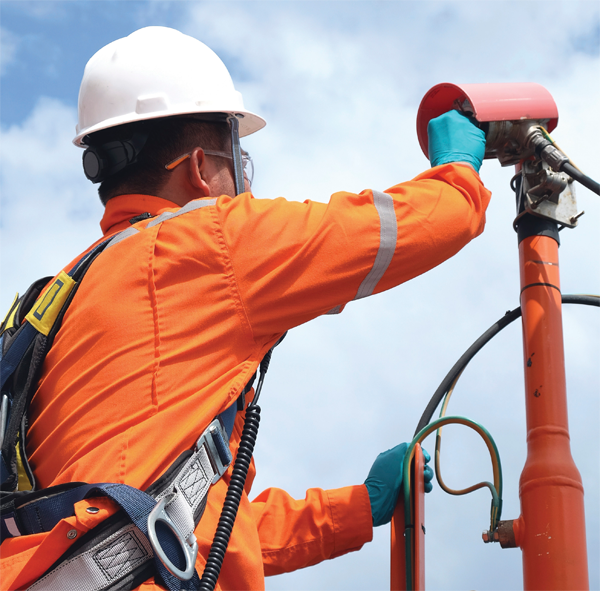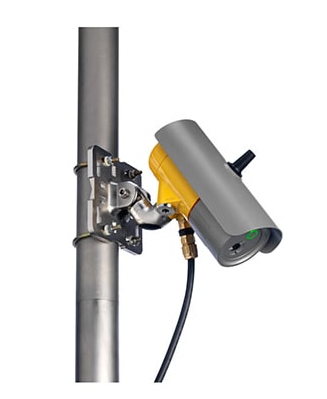Fire Safety Compliance in Commercial and Industrial Environments
Fire safety is paramount in today's commercial and industrial environments. The combination of complex manufacturing processes, flammable materials, and high-value equipment makes it imperative that robust fire prevention and detection methods are in place. This is especially true in areas with heightened fire risks, such as battery or fuel storage facilities. Not only is fire safety essential for protecting lives and property, but it's also a key aspect of regulatory compliance. Advanced flame detectors, such as those manufactured by Honeywell and Rosemount Analytical, play a vital role in helping these workplaces meet national firefighting standards.
Understanding National Firefighting Standards in Industrial Settings

The risk associated with fires in industrial settings has led to the implementation of numerous codes, regulations, and advisories to mitigate specific fire dangers. In the United States, organizations like the National Fire Protection Association (NFPA) set comprehensive standards for fire safety that are particularly relevant to manufacturing and production facilities.
Key standards that often apply to these industrial settings include NFPA 72: National Fire Alarm and Signaling Code, NFPA 70: National Electrical Code, and OSHA 1910.164: Fire Detection Systems. NFPA 855: Standard for the Installation of Stationary Energy Storage Systems is particularly relevant for battery storage. Fuel storage areas must comply with NFPA 30: Flammable and Combustible Liquids Code standards. These standards require businesses to implement reliable fire detection systems that can quickly identify potential fire hazards in diverse industrial environments and trigger appropriate responses.
Advanced Flame Detectors: Features for Industrial Use
Modern flame detectors are designed to meet and exceed these stringent standards with specific features tailored for commercial and industrial settings such as a wide field of view and extended ranges to ensure comprehensive coverage of large production floors, sprawling storage facilities, or extensive battery banks; hazardous area approvals which meet the requirements for explosive atmospheres commonly found in storage and certain manufacturing processes; robust housing to protect the flame detectors from dust, water, vibration and other hazards common in industrial environments; and advanced communications for easy system integration, particularly when installing the detectors in remote locations.

Flame detectors use multi-spectrum ultraviolet (UV), infrared (IR), or electro-optical sensors to quickly detect fire and activate alarms and/or fire suppression equipment. Regular self-tests ensure the detectors are always functioning correctly, a critical aspect of maintaining compliance in 24/7 industrial operations. Advanced discrimination technology minimizes false alarms, ensuring that emergency responses are triggered only when necessary, in line with OSHA guidelines and preventing costly production shutdowns or unnecessary evacuations.
In the complex landscape of commercial and industrial fire safety regulations, advanced flame detectors by industry leaders like Rosemount Analytical and Honeywell stand out as powerful tools for achieving and maintaining compliance. By offering rapid, accurate fire detection with advanced features designed to meet national standards for manufacturing, storage, production, and other industrial settings, these systems provide businesses with the confidence that they are not only protecting their assets and personnel but also adhering to crucial safety regulations.
As fire safety standards for industrial environments continue to evolve, investing in high-quality flame detection technology remains a smart choice for businesses committed to safety and compliance in their manufacturing and production operations. For additional information, please see our full selection of flame detectors or call our engineers today at 800-884-4967 to learn more about how you can protect your personnel and assets while remaining in compliance with national and local regulations.









